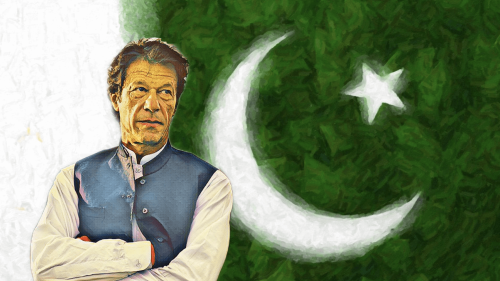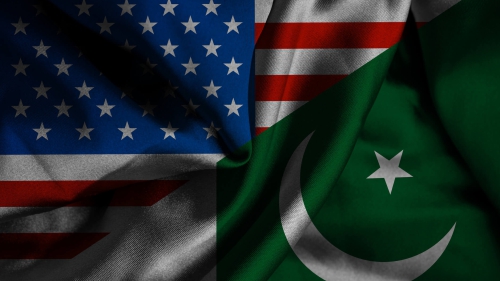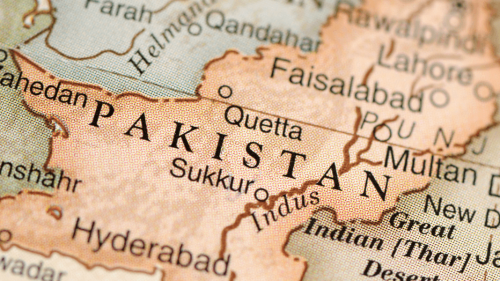Musharraf Should Deal His Cards
Two days after the Pakistani military staged a bloodless coup, the beleaguered South Asian nation remains in limbo on the issue of how it will move forward. That Nawaz Sharif overstayed his welcome is clear. However the manner in which his tenure came to an end is open for criticism.
Coups are dangerous propositions. Rarely do they bring any immediate and lasting stability and reform. At a theoretical, macroscopic level, the concept seems plausible: remove those accountable in society and bring in a better perspective. But this amounts to treating symptoms as opposed to finding a cure for what ails a nation.
In the case of Pakistan, the diseases of corruption, mismanagement, economic decay and poor diplomatic maneuvering were not uncommon under Sharif's predecessors. What Sharif accomplished was an exacerbation and perpetuation of certain symptoms of such problems.
So with Sharif deposed, General Musharraf and those struggling to steer a new course for Pakistan face the same diseases. And considering Musharraf is yet to reveal a master plan to the citizens of Pakistan, it would appear that Pakistan's ills have presented more of a challenge than what the military expected.
The main problem Pakistan now faces is one of legitimacy. By trumping the system, the military has become the final arbiter in Pakistan's affairs and has, to a degree, cast its vote of no confidence for the current political system, not just the leadership. How then is it to create legitimacy from something so inherently flawed?
The solutions currently on the table -- a call for elections, declaration of martial law or establishment of a caretaker government -- all have their flaws. But aside from a complete revolution of political and economic systems, the move that would bring the most stability to Pakistan is the option of holding new elections.
Martial law, no matter how well intentioned the military might be, is no way to convince citizens and the international community that the road to recovery is near. A caretaker government works only for an interim period and by establishing such a government, the door is opened for making a temporary institution permanent.
Therefore the best option for Musharraf is to take the definitive step of calling new elections. Then, working with a broad, credible coalition to insure that those elections and Pakistan's management leading up to them are free of corruption and the status quo politics that brought the country to this crisis, Musharraf can set agenda that will stabilize the country.
Time is short however. On Thursday, more arrests of key officials took place and the first signs of opposition to the military surfaced. Although Musharraf has a full deck of cards to shuffle (the U.S., the IMF, India, etc.), he needs to deal his cards before the idle hands of various destructive camps become active.
Ali Asadullah is the Editor of iviews.com

















